Business Loan Interest Rates in India: Top Institutions, Factors, and Hidden Charges

Public and private sector banks in India offer loans to eligible businesses and start charging interest when the equated monthly instalments or EMIs begin. Businesses with a credible balance sheet and a good credit rating score are more likely to qualify for business loans but they must go through a thorough documentation and verification process before the loan is approved.
If you are looking to apply for a business loan, you must stay aware of the updated business loan interest rates in India. This post has every single thing you need to know about business loan interest rates.
Why Business Loans Matter?
Business loans play a crucial role in providing the necessary financial resources for starting, operating or expanding a business. From acquiring new types of equipment to expanding the workforce, businesses require funds for various purposes, making business loans an essential tool for growth. Unlike other types of loans, business loans offer unique benefits that cater to the specific financial needs of businesses.
Business loans are offered by various institutions such as banks, financing companies and government entities. They come with a range of benefits including flexibility and competitive interest rates, making them a valuable option to meet your business needs.
What are Business Loan Interest Rates?
There are two options available to company owners looking to borrow quick funds to invest in various areas of their enterprise: business loans or venture capital investment. The former reduces their control over their firm by requiring them to sell a portion of it to the investors. The latter, however, is the best option since it gives business owners the money, they require without letting up of control.
A business loan is a type of loan that provides entrepreneurs with the necessary cash, which they must then pay back with interest throughout the loan. In India, the Business loan interest rate in India can vary and is typically determined by the lending institution, such as a bank or NBFC. When business owners apply for a business loan, they incur a cost known as interest, which is added to the loan amount. This fee is in addition to the principal amount. As a proportion of the main amount supplied to the company owner, the lender assesses interest on the loan amount.
The business owner is legally required to return the principal plus interest after taking out a business loan to avoid default and the ensuing fines. The lender establishes fixed EMIs that cover both the total interest and a portion of the principal. It's essential for business owners in India to carefully consider and compare Business loan interest rates in India offered by different lenders to ensure they secure the most favourable terms for their financial needs.
Top Financial Institutions in India and Business Loan Interest Rate They Offer
The table below shows the names of top financial institutions in India renowned for their business loans. The table contains the loan type and interest rate they offer as well -
| # | Bank Name | Type of Loan | Interest Rate Range |
| 1 | Axis Bank | N/A | 11% onwards |
| 2 | Investkraft | N/A | 1.25% per month |
| 3 | Bandhan Bank | Working Capital and Term Loan | 13.50% to 21% |
| 4 | Bank of Baroda | Large and mid-corporate advances | 10.65% to 15.10% |
| 5 | CSB Bank | MSME Small Business Loan | 14% to 26% |
| 6 | City Union Bank | Small Traders and Shop Keepers | 16% |
| 7 | DCB Bank | Micro Business Loans | 10% to 19% (Q2 FY 23-24) |
| 8 | Federal Bank | N/A | 12.30% to 17.15% |
| 9 | HDFC Bank | N/A | 10% to 22.50% |
| 10 | ICICI Bank | N/A | Starts from 12.50% |
| 11 | IndusInd Bank | MSME Loans | 18% |
| 12 | Jammu and Kashmir Bank | Small Businessmen | Starts from 12.10% |
| 13 | Karnataka Bank | MSME Loans | 9.66% to 16.16% |
| 14 | Karur Vysya Bank | N/A | Starts from 9.95% |
| 15 | Punjab and Sind Bank | Overdraft | 9.90% to 10.30% |
| 16 | Punjab National Bank | MSME Loan | 10.65% |
| 17 | Tamilnad Mercantile Bank | Micro Entrepreneurs | 10.45% to 13.85% |
| 18 | Bajaj Finserv | N/A | 18% onwards |
| 19 | Capital First Prime | 21% onwards | |
| 20 | FlexSalary | Up to 3% per month | |
| 21 | QuickCredit | 1% per day | |
| 22 | MoneyinMinutes | 0.1% - 0.7% per day | |
| 23 | mPokket | Lender’s terms | |
| 24 | LazyPay | 15% - 32% p.a. | |
| 25 | EarlySalary | 2.5% per month | |
| 26 | Credy | 1% - 1.5% per month | |
| 27 | Money View | 1.33% - 2% per month | |
| 28 | CASHe |
| |
| 29 | Rupeelend | 30% for 30 days | |
| 30 | PaySense | 18% to 36% per annum | |
| 31 | LIC Housing Finance Ltd. | 11.30% onwards | |
| 32 | Tata Capital | 10.50% onwards | |
| 33 | PNB Housing Finance Ltd. | 10.25% onwards |
Factors Affecting Business Loan Interest Rates
There are lots of factors that have a say in determining the interest rate on business loans.
- Amount of the Loan: The size of the company loan is what has the most impact on interest rates. The interest rate on a business loan often increases with loan size. Business loans with significant amounts come with a high-interest rate because the lender's risk is likewise considerable.
- Credit Score: Your creditworthiness is assessed by your credit score, which also gives the lender a tool to assess your capacity to repay the business loan. You will have an excellent credit score if you have ever taken out a loan and successfully repaid the principal as well as the interest. The interest rates on business loans are significantly influenced by a strong credit score of above 750 on a scale of 900. The likelihood of obtaining a low-interest business loan increases with credit score.
- Business Nature: Interest rates on business loans are significantly influenced by the nature of the firm and the activities it engages in. Every lender divides the business loan into sectors with and without priority. Priority industries make significant contributions to the GDP yet have trouble getting a loan for their firm. Sectors with a low priority are those that are constantly willing to extend credit. In contrast to the high-interest rates on loans for the non-priority sector, lenders provide low-interest business loans to enterprises that belong within that sector.
- Business Legacy: The interest rates on business loans are also influenced by how long a company has been in operation. It illustrates how successfully the company has endured the volatile markets. The lender gives a reduced interest rate the longer your firm has been in operation. A company must, however, be in operation for at least two years.
- Industrial Performance: The state of a certain sector has a big impact on how much interest is charged on company loans. Lenders assess the industry's stability and potential for growth while considering its financial future. Because there is a greater danger of default when an industry is failing, lenders could charge higher interest rates. In contrast, if a sector of the economy is growing, lower interest rates could be available.
For company owners, obtaining a business loan with a competitive interest rate is crucial. The interest rate affects the total cost of borrowing; lower interest rates result in smaller monthly payments, which are advantageous for managing cash flow.
Additional Fees to Consider While Applying for a Business Loan in India
When seeking business finance, it is important to carefully consider not only the interest rates and GST charges but also any potential hidden fees that lenders may impose. Overlooking these additional charges can significantly impact your ability to plan for and manage your loan repayments effectively.
Listed below are some hidden business loan charges that you must be aware of before applying for business finance.
- Loan processing fees: The loan processing fee is an essential charge imposed by lenders for handling your loan application. This fee is incurred when you submit your application and necessary documentation and it is non-refundable if you choose to cancel your loan application
- Documentation Charges: Documentation charges are separate from loan processing fees and are incurred after your business loan is approved. These charges cover the costs of thoroughly reviewing your documents and may involve hiring an advocate. They are to be paid after loan approval but before the funds are disbursed
- Inspection Charges: The lender typically inspects your business property or factory premises to ensure its legal status. This process can be time-consuming and involves a team of inspection officers. The lender will bear the expenses related to the inspection, including the inspection charges
- Foreclosure Charges: In addition to business loan interest rates and GST, there is another charge to consider - foreclosure charges. These charges are specified in the loan agreement and apply if you repay the loan before the specified tenure, often as a penalty percentage of the outstanding amount. However, if you use internal business funds to make the payment, the lender may waive these charges
- Penal Interest and Charges: Penal interest is an extra interest charged by the lender when you miss monthly payments or violate the loan terms. It is important to avoid defaulting on your EMI payments to prevent being hit with this substantial penalty
The Conclusion
The state of a certain sector has a big impact on how much interest is charged on company loans. Lenders assess the industry's stability and potential for growth while considering its financial future. Because there is a greater danger of default when an industry is failing, lenders could charge higher interest rates. In contrast, if a sector of the economy is growing, lower interest rates could be available.
For company owners, obtaining a loan with a competitive interest rate is crucial. The interest rate affects the total cost of borrowing; lower interest rates result in smaller monthly payments, which are advantageous for managing cash flow.
FAQs
Q: How can I reduce the interest rate on my business loan?
A: There are several steps to reduce your business loan burden like having a great credit score, strong financials, excellent business legacy, high-worth collateral, etc.
Q: How do banks calculate the interest rate on business loans?
A: The interest rate is calculated based on the loan value, borrower’s profile, and chosen repayment period. It is typically determined through monthly or annual compounding.
Q: What documents are needed to avail of a business loan?
A: You would need the following documents for a business loan: Identity proof, such as PAN card/voter's ID/driving license; address proof, such as electrical bill; passport size photograph; shop certificate, income proof; and bank statement.
Q: What is the typical business loan interest rate in India?
A: The interest rate for business loans in India varies greatly, usually between 9% and 30% per annum. This wide range depends on factors such as credit score, business finances, loan amount, repayment period and the chosen lender
Q: What are the different types of interest rates offered for business loans?
A: In India, business loans typically come with two main types of interest rates:
- Fixed Interest Rate: This rate remains constant throughout the loan tenure, offering predictability in your monthly payments.
- Floating Interest Rate: This rate is linked to a benchmark rate set by the Reserve Bank of India (RBI), such as the Marginal Cost of Lending Rate (MCLR). As the benchmark rate fluctuates, so does your interest rate.
Q: What are some red flags to watch out for regarding business loan interest rates?
A: Be cautious of lenders offering unusually low interest rates. These offers might come with hidden fees or stringent terms that could outweigh the initial benefit. Here's what to look out for:
- Excessive Upfront Charges: Beware of lenders demanding a significant upfront payment as a processing fee or security deposit.
- Unclear Loan Terms: Ensure you fully understand the interest rate calculation, repayment schedule, and any prepayment penalties before signing the loan agreement.
- Pressure to Finalize Quickly: Don't rush into a loan decision. Take your time to compare offers and understand all the terms before committing.
Q: What if I need a short-term business loan? Can I expect a different interest rate?
A: Short-term business loans which are usually for less than a year, often have higher interest rates due to the increased risk for the lender. However, some lenders may offer competitive rates for short-term working capital loans, despite the general trend of higher interest rates for such loans
Q: Can I negotiate the interest rate on a business loan?
A: It is possible to negotiate the interest rate if you have a strong credit profile, a solid business plan and competitive offers from other lenders. Make sure to come prepared with your research and present a persuasive argument for a lower rate based on your merits
Q: Should I consider a personal loan instead of a business loan if I have a better personal credit score?
A: It is generally not advisable to use your credit score for a business loan, as business loans often come with tax benefits and larger loan amounts. Using a business loan also helps in keeping your financials separate from your finances
Verify Phone Number
Related Post

Transform Your Business with Machinery Loans: Rates, Subsidies, and More
Running a business - whether it's a small startup, an MSME, or a farming operation - requires the ri...
Read more...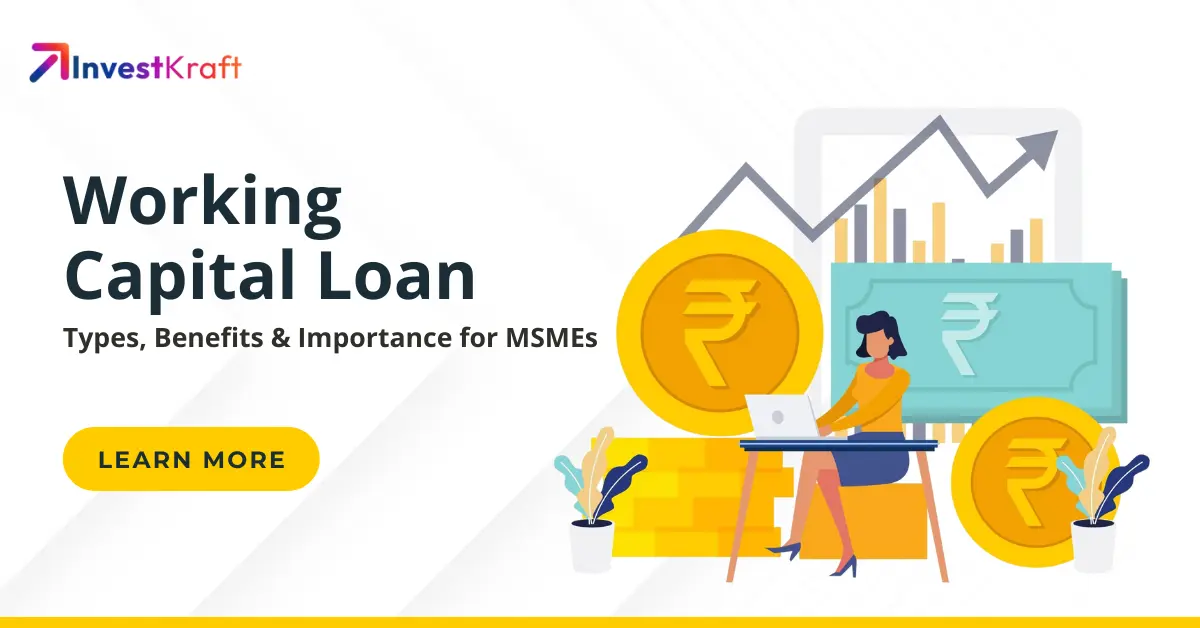
Why Working Capital Loans Are Essential for Small and Medium Enterprises (SMEs)
In today’s competitive and unpredictable business environment, cash flow is the lifeline of any ente...
Read more...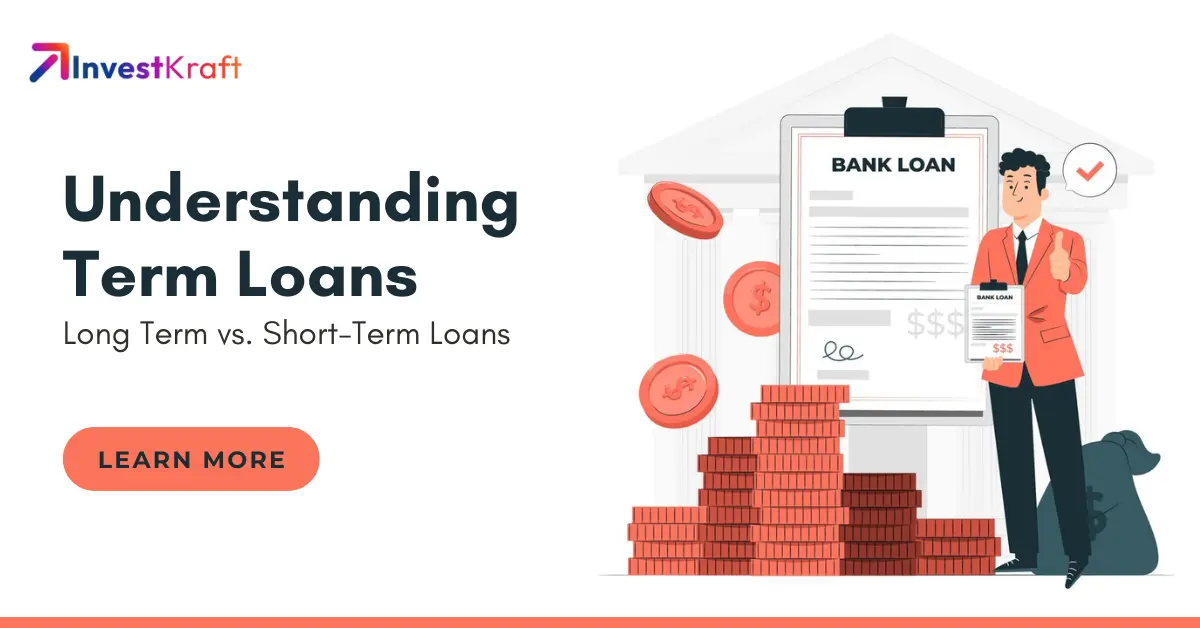
Understanding Term Loans: Your Complete Guide for Businesses in India
In India's fast-paced business landscape, securing timely funding is critical for growth, operations...
Read more...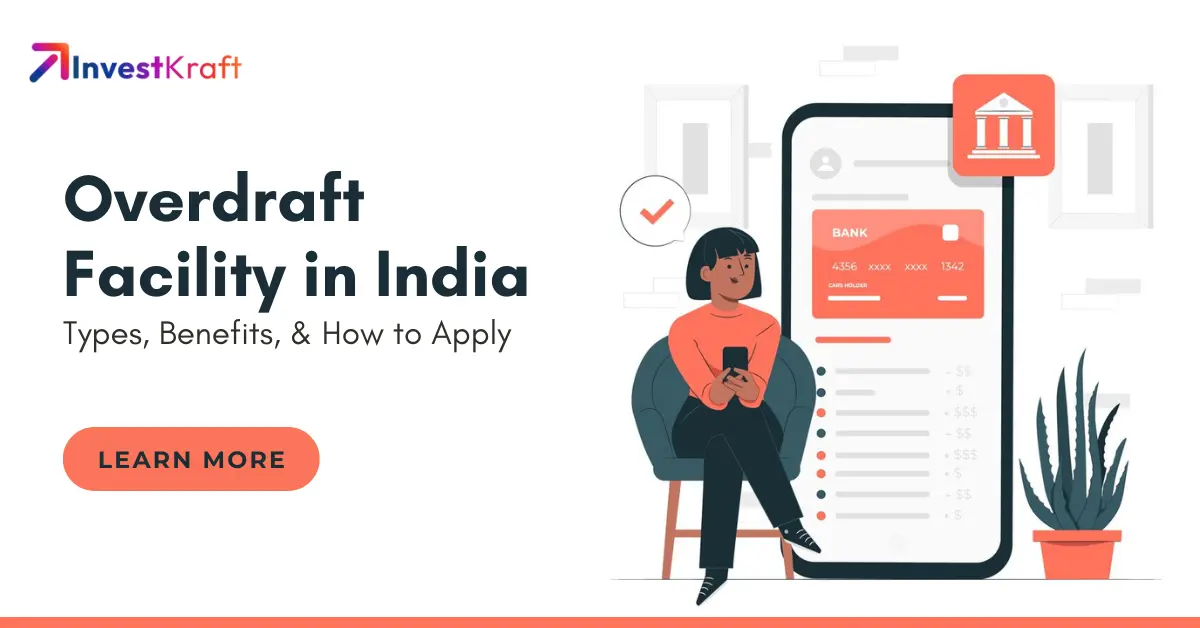
Overdraft Facility in India: Meaning, Types, Benefits & How to Apply
Ever run out of money just before your salary gets credited? Or faced an urgent bill you weren’t pre...
Read more...
Ultimate Guide to Business Loans in 2025: Fuel Your Growth with the Right Financing
Running a business demands constant investment—whether it’s for growth, purchasing machinery,...
Read more...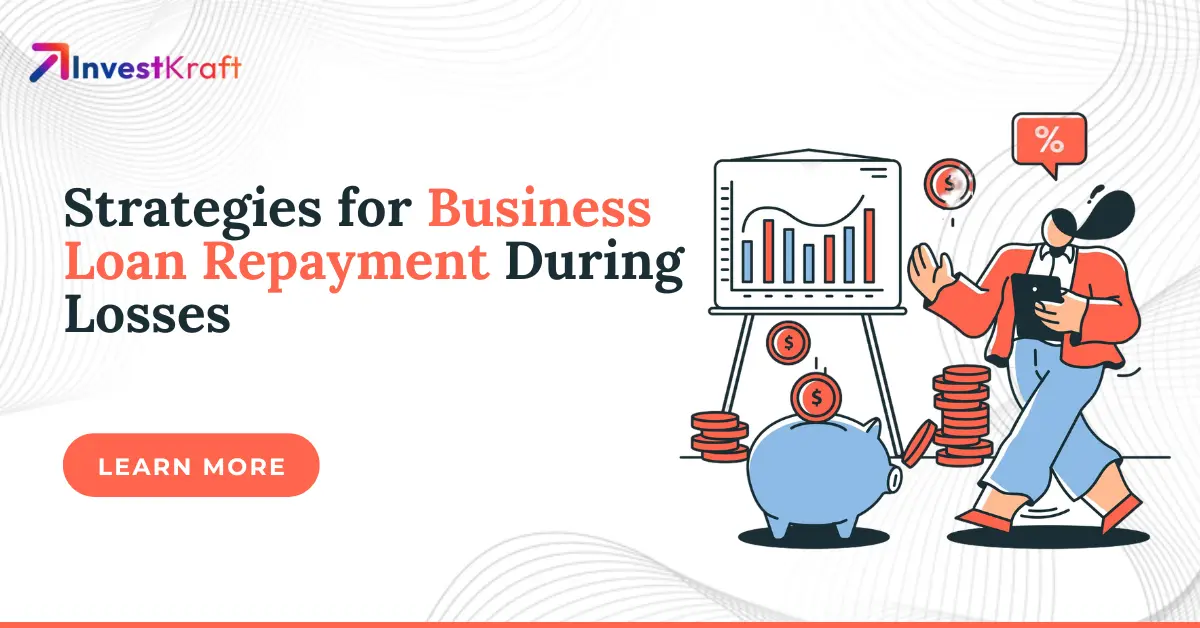
Proven Strategies for Business Loan Repayment During Losses
Running a business demands significant effort, hard work and strategic planning to ensure success, e...
Read more...
Unsecured Business Loans in India: Eligibility, Benefits, and How to Apply in 2024
Unsecured business loans offer a lifeline to entrepreneurs without requiring collateral, making them...
Read more...
Finance Your Business Dream with These Business Loans in India 2024
Running a successful requires access to various funding methods to support its growth and operations...
Read more...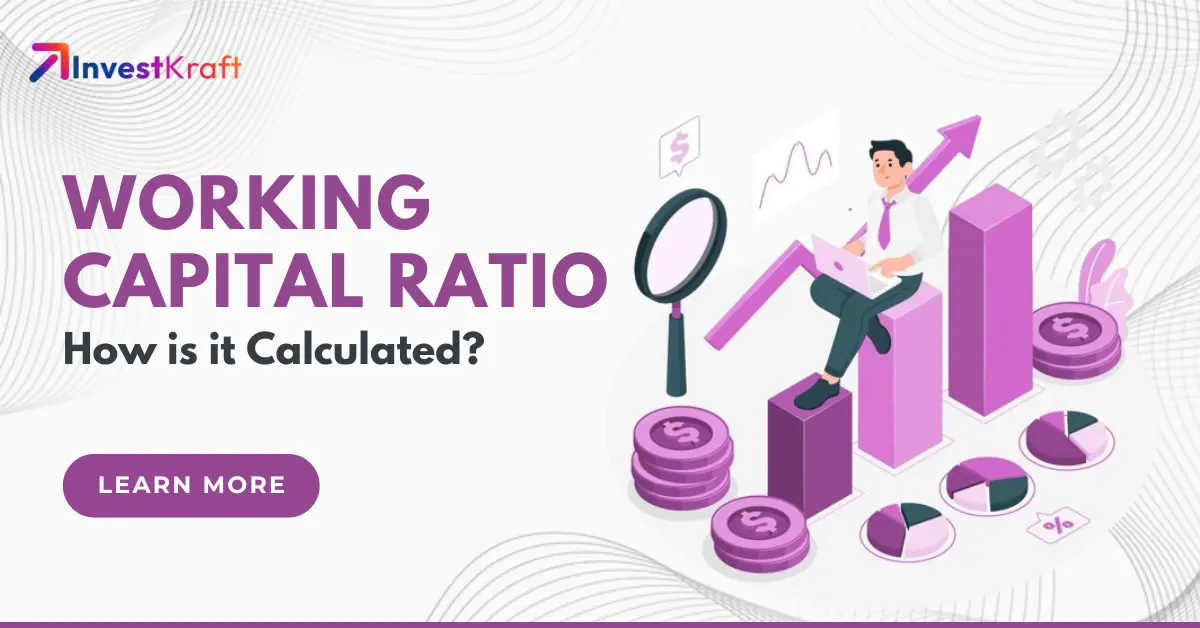
How to Check If Your Business is Running Smoothly by Assessing Your Working Capital Ratio?
To fully understand your company’s performance, examining various metrics that shed light on differe...
Read more...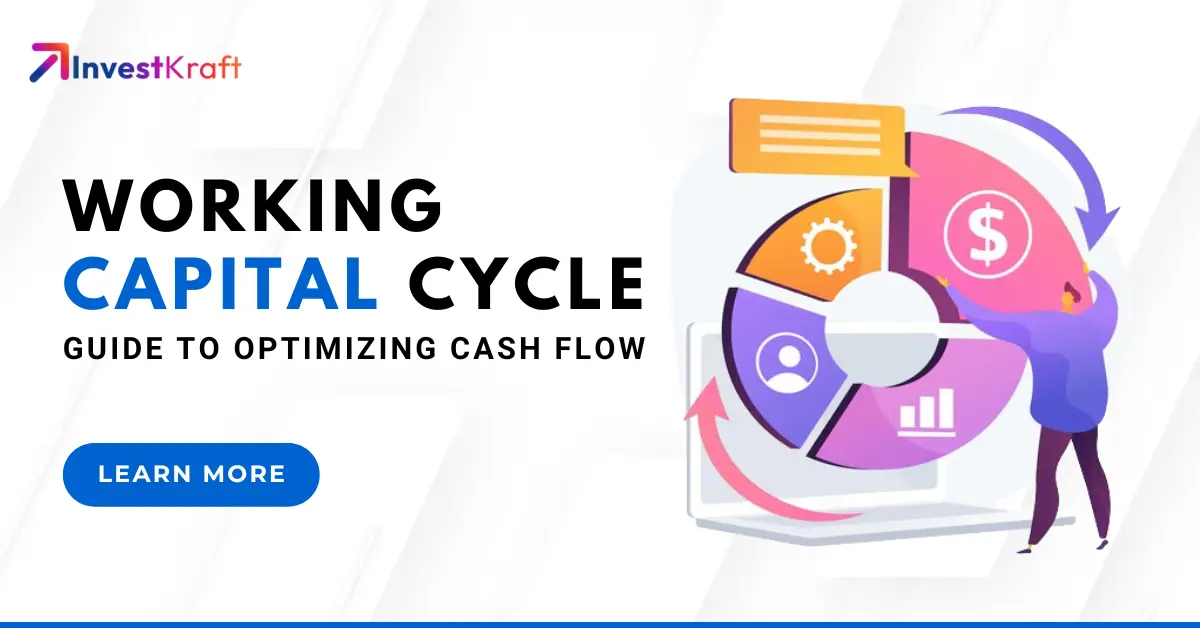
Understanding the Lifeblood of Business Called “Working Capital Cycle”
The working capital cycle, which measures how quickly a business can convert its current assets into...
Read more...Reach out to our Experts if you have any Doubts
Like the best things in life, Consultations @InvestKraft are free
Drop a Mail or give us a Missed Call & Begin your Investment Journey here







